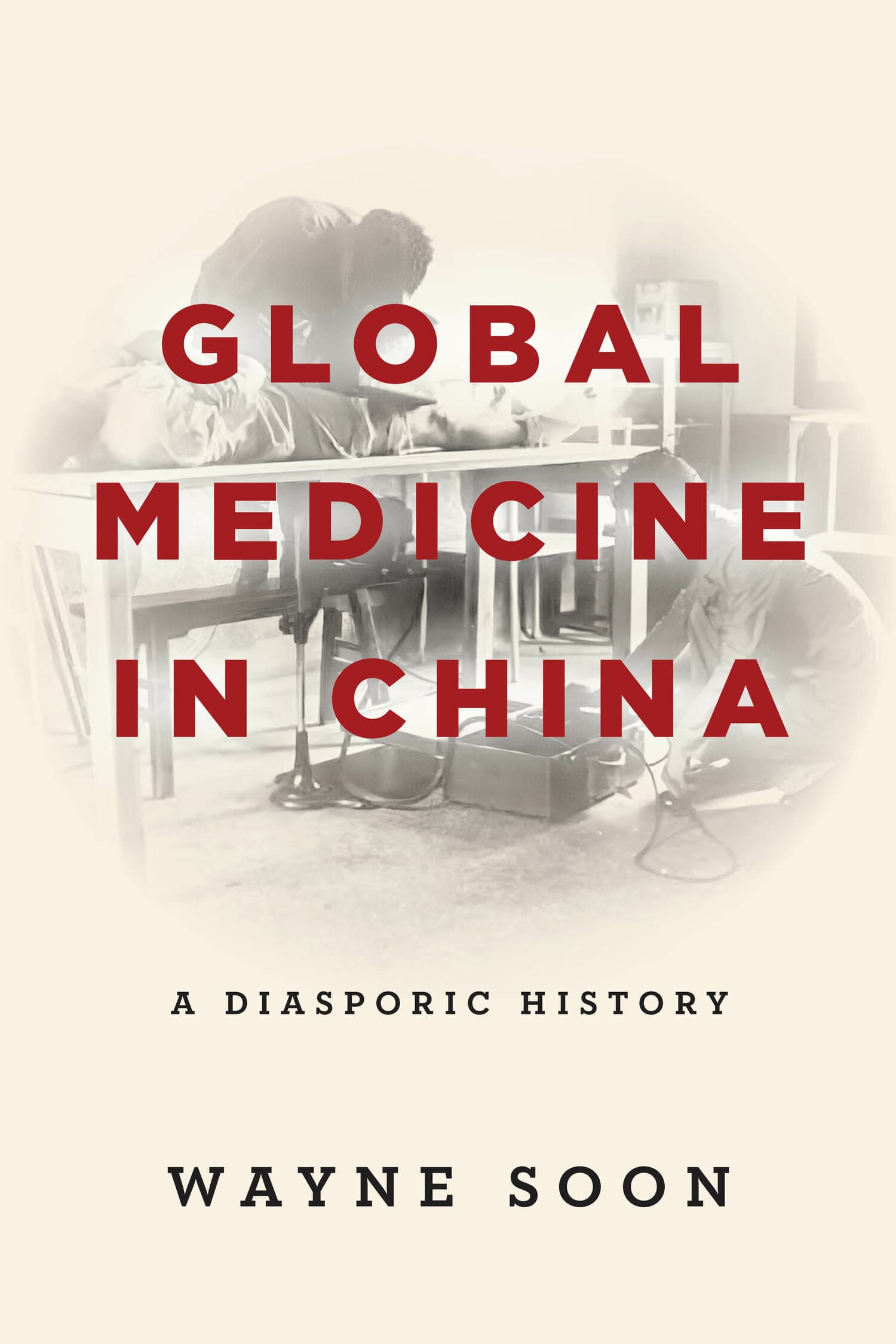Global Medicine in China

In 1938, one year into the Second Sino-Japanese War, the Chinese military found itself in dire medical straits. Soldiers were suffering from deadly illnesses, and were unable to receive blood transfusions for their wounds. The urgent need for medical assistance prompted an unprecedented flowering of scientific knowledge in China and Taiwan throughout the twentieth century. Wayne Soon draws on archives from three continents to argue that Overseas Chinese were key to this development, utilizing their global connections and diasporic links to procure much-needed money, supplies, and medical expertise. The remarkable expansion of care and education that they spurred saved more than four million lives and trained more than fifteen thousand medical personnel. Moreover, the introduction of military medicine shifted biomedicine out of elite, urban civilian institutions and laboratories and transformed it into an adaptive field-based practice for all. Universal care, practical medical education, and mobile medicine are all lasting legacies of this effort.
"Global Medicine in China could not be more-timely or more relevant. As we face a life-altering pandemic in the twenty-first century, this study provides powerful historical lessons about how the local and global have always been intertwined in the history of public health and modern medicine. Opening with the Manchurian Plague of 1911 and moving to wartime medicine, the book sheds important light on how overseas Chinese diasporic figures played a crucial role in the making of biomedicine in modern China. This book is a must read for all of us today as we are reminded daily of the global entanglements of health and politics."—Eugenia Lean, Columbia University
"Global Medicine in China demonstrates the central roles Overseas Chinese played to integrate biomedicine into the military medicine of war-torn Republican China. This illuminating transnational history integrates major biomedical transformations within the dramatic political convulsions of mid-century China."—Marta Hanson, Johns Hopkins University
"Wayne Soon's book on the rise of global medicine in China in the first half of the twentieth century addresses its lessons directly to the People's Republic of China in the midst of a global pandemic—transparency and global cooperation are key to coming to terms with a health crisis... It offers a necessary corrective to a false dichotomy that medical developments were either indigenous or imperialist interventions."—David Luesink, Technology and Culture
"Although scholars have paid plenty of attention to Dr Wu Lien-Teh, the efforts of other prominent medical personalities and Overseas Chinese as a whole have as yet been under-researched. Soon's new book represents a timely effort to fill this academic gap and offers a new lens through which to understand how China and the world have been connected through the Chinese diaspora."—Yan Yang, Journal of Chinese Overseas
"This meticulous study is based upon research in more than twenty archives and libraries on three continents. In addition to re-centering the role of the Chinese diaspora in global health history, Soon follows both monetary donations and disagreements about how to best develop biomedicine across boundaries, both geopolitical and temporal."—Rachel Core, Bulletin of the History of Medicine
"Meticulously researched and conceptually ambitious, Wayne Soon's Global Medicine in China: A Diasporic History expands a growing historical revisionism that centers the Chinese diaspora as a proactive agent in transforming China's modern history."—Howard Chiang, American Historical Review




